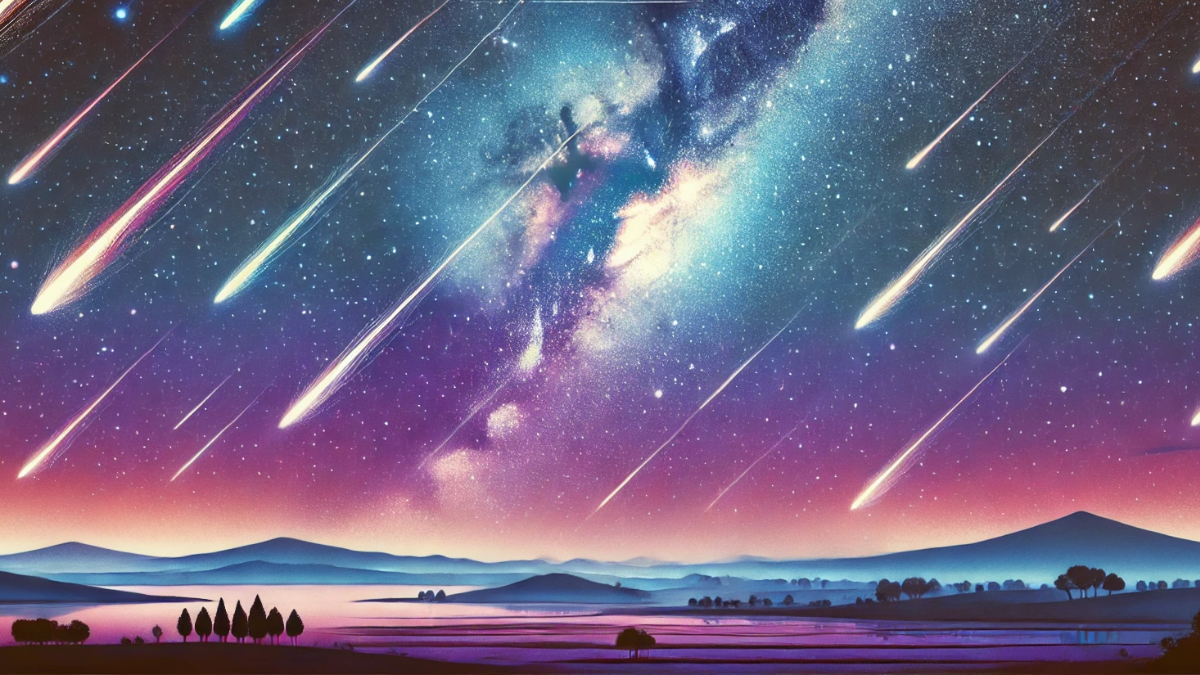To know the stars is science; to feel their influence is wisdom – a quote reflective of several renowned Indian sages’ scripts and writings including the Father of Indian Mathematics, Shri Aaryabhatta and One of Chandragupta II’s nine gems (Navaratnas), Shri Varahmihira – an Indian sage from 6th century that predicted possibility of water on Mars 1500 years ago. Some of the greatest mathematicians & astronomers of our country have also been avid astrologers.
So to answer the question “how are Astronomy and Astrology related?” Astronomy tells us where we are in the universe, space & life and Astrology helps us understand why we are here. Let’s learn the top interesting connections between astrology and astronomy.
.
Astronomy is the science of space & celestial bodies. Astrology on the other hand studies the influence of it on human life.
1. The Cosmic Connection: How Astronomy Shapes Astrology
The first and the most fundamental connection between both is that Jyotisha (Astrology) uses Nakshatra Vidya (Astronomy) to create birth charts, map zodiac signs, predict horoscopes, etc. For example, Hindu or Vedic Astrology uses sidereal Zodiac (movable Zodiac) that calculate 12 zodiac signs (Raashi) based on the observable sky which are further divided into 27 Nakshatras (constellations) after pretty complex mathematical astronomical calculations.
Each Nakshatra, zodiac sign, planet, celestial body is believed to emit a certain type of energy. For example, if a person born at a time when Mars (signifies courage, desire, action) was placed in Aries (new beginnings, dominating, bold) then we can roughly assume that this person will likely take leadership roles, perhaps have a high temper too.
Astrology believes that human lives and the universe are somehow interconnected. While there’s no evidence yet of planets and their energy directly affecting us humans, Astrology operates on the concept of synchronicity (i.e. occurrence of events without a direct cause & effect link).

.
2. Overlap Between Astronomy and Astrology: Humans Connection to the Universe
Another bit of similarity or overlap between Astrology and Astronomy is quite fascinating. In both cases, humans and the universe are believed and scientifically proven in some to be interconnected.
In a new Space survey of over 1,50,000 stars, it’s been found true that humans are indeed made up of stardust. All the elements found in a human body were made in a star and some have come from Supernova, says Planetary Scientist Dr. Ashley King. We all know the Moon’s gravitational pull on Earth causes waves in the oceans & seas. Science believes that the moon does affect us humans too but at a very smaller scale & intensity since the water content in humans is distributed in cells and tissues unlike collectively in oceans and seas. The National Institute of Health states that lunar cycles have an impact on human reproduction, in particular fertility, menstruation, and birth rate. Similarly, there are hundreds of other connections Science has found between humans and the Universe.
Astrology also works on the concept of Synchronicity and believes that planets and stars influence human lives to some extent even without a direct cause and effect link. Of course, Astronomy doesn’t believe that the planet Mars can bring blood-related problems into one’s life but this is where the Vedic Astrology’s rich history and ancient knowledge comes in. Whether you believe in Astrology or not, you cannot deny one thing and that is, there are always going to be things in this vast mysterious universe that Science cannot always prove or explain. So while both Astronomy and Astrology fundamentally believe that humans are interconnected to the fabric of the Universe, their approaches differ.

.
3. Vedic Astrology & Astronomy, a Connection that is Over 1,500 Years Old
India has had a rich history of some of the greatest mathematicians and astronomers, many of whom were also passionate astrologers. Be it Shri Varahamihira who wrote Pancha Siddhantika, a 6th-century astronomical text that helped scholars to calculate the cycles of the Sun and Moon to create Hindu calendars (Panchangam) to identify auspicious times and days, lunar cycles, Zodiac band or be it Shri Aryabhatta’s scriptures which has a mention of Zodiac, Yugas (time periods, planetary cycles) and Tithis (auspicious timings). It’s clear that for centuries, Vedic astrologers have blended astronomical science with astrology to understand the cosmic influences on human lives. Similar to how back in those old days, sailors would use the Sun light as a compass to determine time and position.
.
4: Astronomy vs Astrology: Different Interpretation, Similar Universal Cycles
Moving on to the next close similarity between Astrology and Astronomy is that both track the cyclical nature of the universe like solar cycles, lunar cycles, planetary orbits, etc. However, the interpretations differ due to the difference in ideologies. For example, Astronomers track solar cycles (every 11 years) to keep their satellites and astronauts safe. Lunar cycles are tracked to predict solar eclipses, high & low tides. Planetary orbits are tracked to identify asteroids and for launching probes.
On the other hand, Vedic Astrology also tracks planetary cycles to predict its influence on human life and transformation. For example, it is believed that Saturn’s return (approx every 29 years) is a period of major transformations in life while Jupiter’s 12-year cycle is linked to new beginnings and expansion. Even shorter planetary cycles, like those of Venus or Mercury, are interpreted to influence relationships, creativity, and decision-making. In this way, the “orbits” studied scientifically by Astronomy find symbolic meaning in Astrology.
So while the interpretation differs in Astronomy vs Astrology, they both have a shared, similar foundation of observing celestial rhythms.
.
In Conclusion
Astronomy provides the measurements, the mathematics, the language of celestial movements. Jyotisha gives these movements meaning, linking the macrocosm of the universe to the microcosm of human existence.
As the ancient Sanskrit text from Yajurveda says:
“Yatha pinde tatha brahmande, yatha brahmande tatha pinde”
Meaning “As is the human body, so is the cosmic body, as is the cosmic body so is the human body”
This again emphasizes a timeless truth that we are not separate from the cosmos but rather are an intrinsic part of it. Every star’s light, every planet’s orbit, every rhythm of outer space finds an echo within us, whether you believe it or not.
We hope this article helped you get some insights on the similarities and differences between Astronomy and Astrology. One is highly scientific and rational while the other one is symbolic and spiritual. Speaking of symbolism, do consider checking out our article: What seeing an animal in a dream means?







